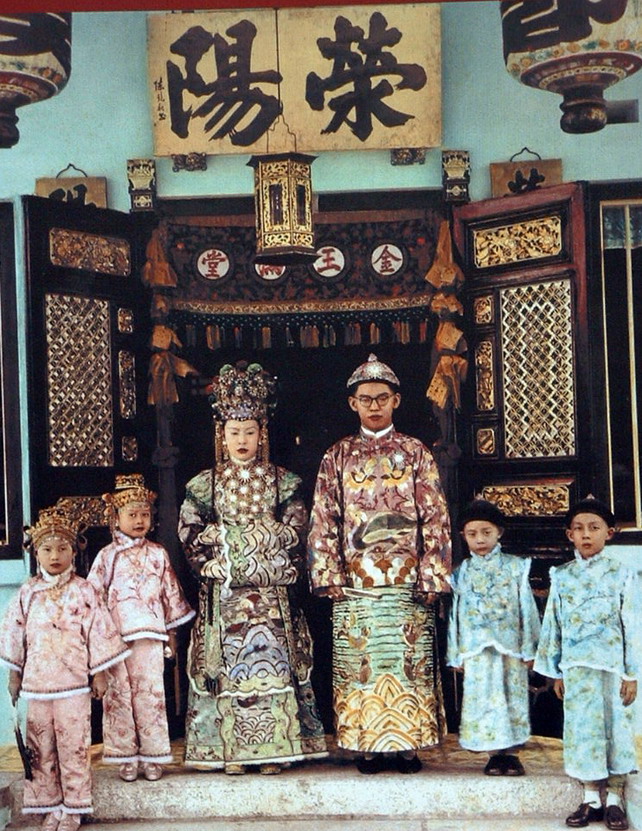By Ma Rui
The Peranakans are an ethnic group descended from the earliest waves of Southern Chinese immigrants to the Malay Peninsula and the Indonesian Archipelago.
Peranakan culture is characterised by a unique hybridisation of ancient Chinese culture with the indigenous cultures of the Nusantara region, the result of centuries of trans-culturalisation and inter-racial marriage, particularly in the main Peranakan centres of Malacca, Singapore, Penang and Medan.
Singapore’s Peranakan culture is more trendy
As we all know, Singapore has a very small land area, but this country is one of the earliest capitalist countries that have developed to become one of the “Four Little Dragons of Asia”.
Therefore, the Nyonya culture in Singapore has the influence of Chinese tradition, local characteristics and capitalism, and this culture is even more abundant.
Under the influence of capitalism, as a descendant of Nyonya, they are mainly engaged in business, import economics and trade.
Therefore, the Nyonyas in Singapore are mostly merchant families. In the context of opening up the economic market, they not only combine their original spirit of daring to endure hardships and stand hard work, but are more willing to innovate and develop their own local cultural characteristics.
They did not strictly abide by some traditional feudal rules, especially the traditional Nyonya family dogmas, the custom of bowing to elders, wedding customs and so on.
The overall cultural style is more biased towards western forms, more casual and more free. Except for people within the cultural family, it is difficult for outsiders to identify whether it is a real Nyonya.
Basically, everyone has a homogenised life under the influence of time.
The Nyonya culture in Malaysia is more traditional
In a sense, the Malay westernised Nyonya culture is more inclined to the orthodox Nyonya culture recognised by the public, because the Nyonya itself is named for the descendants of Malaysia.
Relatively speaking, Malaysia is not as focused on the capital economy market as Singapore.
Therefore, relative to some customs and house rules, they are still fully preserved and inherited for a long time. Most Chinese in Malaysia still attach great importance to mothers.
Although the two countries are based on learning from western English education, the Nyonya culture in Malaysia is more traditional and closer to the customs of our Fujian province from the perspective of the inheritance of Nyonya culture.
In Indonesia, the Peranakan culture appears to be losing popularity to modern western culture, but to some degree the Peranakans are still trying to retain their language, cuisines and customs.
Young Peranakans still speak their creole language, although many young women do not wear the kebaya.
Marriages normally follow the western culture because the traditional Peranakan customs are beginning to lose popularity among the younger generation. ***
(This is the second part of the three-segment special report series written for Feature Writing class)
